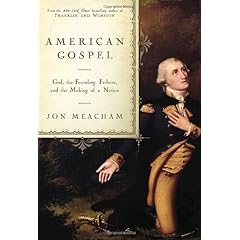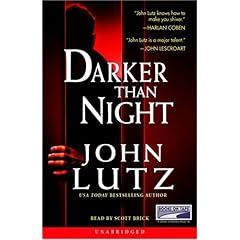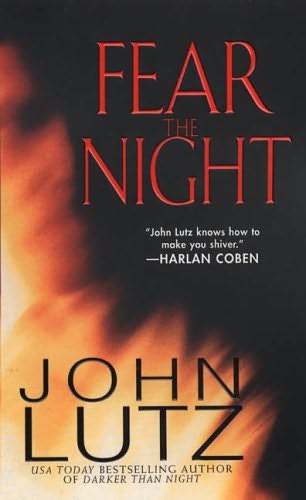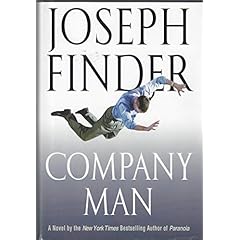
I actually heard an interview with the author on an NPR podcast, so I did a double take when I saw this in the library. I got it on cassette tape, and it was read by Cassandra Campbell. Ms. Campbell does a good job with the reading, and does not have a distracting accent or odd inflection like other book readers: Davina Porter and Jonathan Marosz respectively.
I have a wife and a daughter and my mother at home, so I thought this would help me to be a better referee. What I learned was that it will be difficult for me to be a referee, since the other players on the field each try to recruit me for one of the sides. And referees are not supposed to block for one of the players. We are just supposed to keep the game civil.
This book is the result of a great deal of research by
Deborah Tannen, a professor at Georgetown University. She interviewed a lot of mothers and daughters, studied a lot of recorded conversations, and now presents a pretty thorough treatment on how mothers and daughters interact verbally and why that so often goes wrong. She also takes pains to present solutions to these problems.
Dr. Tannen has a Ph.D. in linguistics, which makes this a fairly authoritative work for the layperson. And she also draws on her own experiences as a daughter who has lost her mother not long ago. Her thoughtfulness keeps this from being neither an endless river of data nor an epidose of Jerry Springer. I had mostly feared the latter.
I have to admit, there are parts of this that had me thinking, "I would never give this to my wife or daughter," on the grounds that it could be inflamatory. But as I got toward the end, I was relieved that there were solutions presented. It was more than just, "Try to understand how the other person is feeling."
Tannen begins by helping us to understand that there are messages and meta-messages (the context and baggage that come with the words), and that it is the meta-messages that are the loudest. That is why you can say something as innocent sounding as, "What time are you going to be here?" and it can start a conflict. If the mother has a long history of criticizing her daughter for being late, and the daughter has a history of over-promising in when she can get there, things can spiral down quickly.
Dr. Tannen has found that email and text messaging have been helpful in some mother-daughter relationships. They provide some breathing room and give each party a chance to be more thoughtful, at least in the case of email. In my own experience, my daughter may not want to answer her cell phone sometimes, but a text message will be burning a hole in her pocket until she can steal a glance at it. And if you do it right, it can make her call home.
I gave this 4 stars.
Don
 This book by Jon Meacham covered a subject that is very near and dear to my heart: the role of religion in politics. I thoroughly enjoyed this, and came away feeling a little bit vindicated, a little bit chastened, and a lot enlightened. That is to say that there is something here to offend everyone who is hardened in his or her position on the separation of church and state.
This book by Jon Meacham covered a subject that is very near and dear to my heart: the role of religion in politics. I thoroughly enjoyed this, and came away feeling a little bit vindicated, a little bit chastened, and a lot enlightened. That is to say that there is something here to offend everyone who is hardened in his or her position on the separation of church and state.













